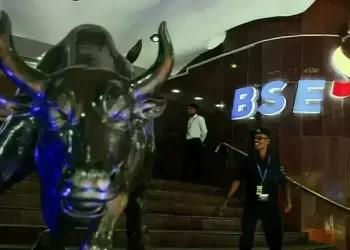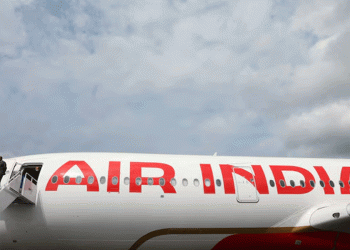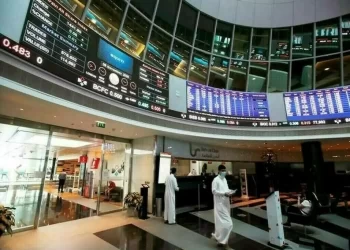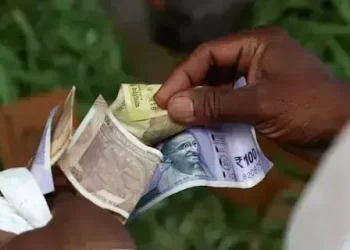Former Caretaker Federal Minister for Commerce Dr Gohar Ejaz urged the government to meet its collection target by taxing the “abnormal profits of sacred cows” in certain sectors rather than burdening the common man.
“The tax shortfall of over 180 billion in the first four months must not be met by directly or indirectly taxing common people who are already struggling to meet their basic living standards due to 60% inflation in the last 2.5 years,” said Ejaz, in a post on X platform on Thursday.
Ejaz who also chairs the FPCCI Pakistan Economic Revival and Growth Think Tank, said that reforms in the taxation system must meet the shortfall in tax collection to tax “abnormal profits” of “sacred cows” “in specific sectors, due to policy weaknesses.
“We must provide relief in electricity rates, not only by reducing Rs12 per unit on incremental electricity usage but by applying an Rs12 per unit reduction for all consumers—residential, commercial, industrial, and agricultural—on their total consumption.
“This can be achieved by finalizing the capacity payment agreement on a take-and-pay basis by December 31, 2024,” he added.
The remarks come as an International Monetary Fund (IMF) delegation visits Pakistan to discuss recent developments and Extended Fund Facility (EFF) programme.
Reports indicate that measures aimed at curtailing expenditure and increasing tax collection are to be high on the agenda of the IMF-Pakistan meetings.
The Federal Board of Revenue (FBR) collected Rs877 billion during October 2024 against the assigned target of Rs980 billion, reflecting a shortfall of Rs103 billion. The FBR has collected Rs3,440 billion during the first four months of 2024-25 against the assigned target of Rs3,636 billion set for July-October of current fiscal year, reflecting a shortfall of Rs196 billion.
On Tuesday, the FBR conveyed to the IMF team that there is no urgent need to enforce additional taxation measures (contingency revenue measures), except to examine a proposal to impose a lower rate of sales tax between 5-7% on petroleum products to overcome revenue shortfall in 2024-25.
Former Caretaker Federal Minister for Commerce Dr Gohar Ejaz urged the government to meet its collection target by taxing the “abnormal profits of sacred cows” in certain sectors rather than burdening the common man.
“The tax shortfall of over 180 billion in the first four months must not be met by directly or indirectly taxing common people who are already struggling to meet their basic living standards due to 60% inflation in the last 2.5 years,” said Ejaz, in a post on X platform on Thursday.
Ejaz who also chairs the FPCCI Pakistan Economic Revival and Growth Think Tank, said that reforms in the taxation system must meet the shortfall in tax collection to tax “abnormal profits” of “sacred cows” “in specific sectors, due to policy weaknesses.
“We must provide relief in electricity rates, not only by reducing Rs12 per unit on incremental electricity usage but by applying an Rs12 per unit reduction for all consumers—residential, commercial, industrial, and agricultural—on their total consumption.
“This can be achieved by finalizing the capacity payment agreement on a take-and-pay basis by December 31, 2024,” he added.
The remarks come as an International Monetary Fund (IMF) delegation visits Pakistan to discuss recent developments and Extended Fund Facility (EFF) programme.
Reports indicate that measures aimed at curtailing expenditure and increasing tax collection are to be high on the agenda of the IMF-Pakistan meetings.
The Federal Board of Revenue (FBR) collected Rs877 billion during October 2024 against the assigned target of Rs980 billion, reflecting a shortfall of Rs103 billion. The FBR has collected Rs3,440 billion during the first four months of 2024-25 against the assigned target of Rs3,636 billion set for July-October of current fiscal year, reflecting a shortfall of Rs196 billion.
On Tuesday, the FBR conveyed to the IMF team that there is no urgent need to enforce additional taxation measures (contingency revenue measures), except to examine a proposal to impose a lower rate of sales tax between 5-7% on petroleum products to overcome revenue shortfall in 2024-25.








